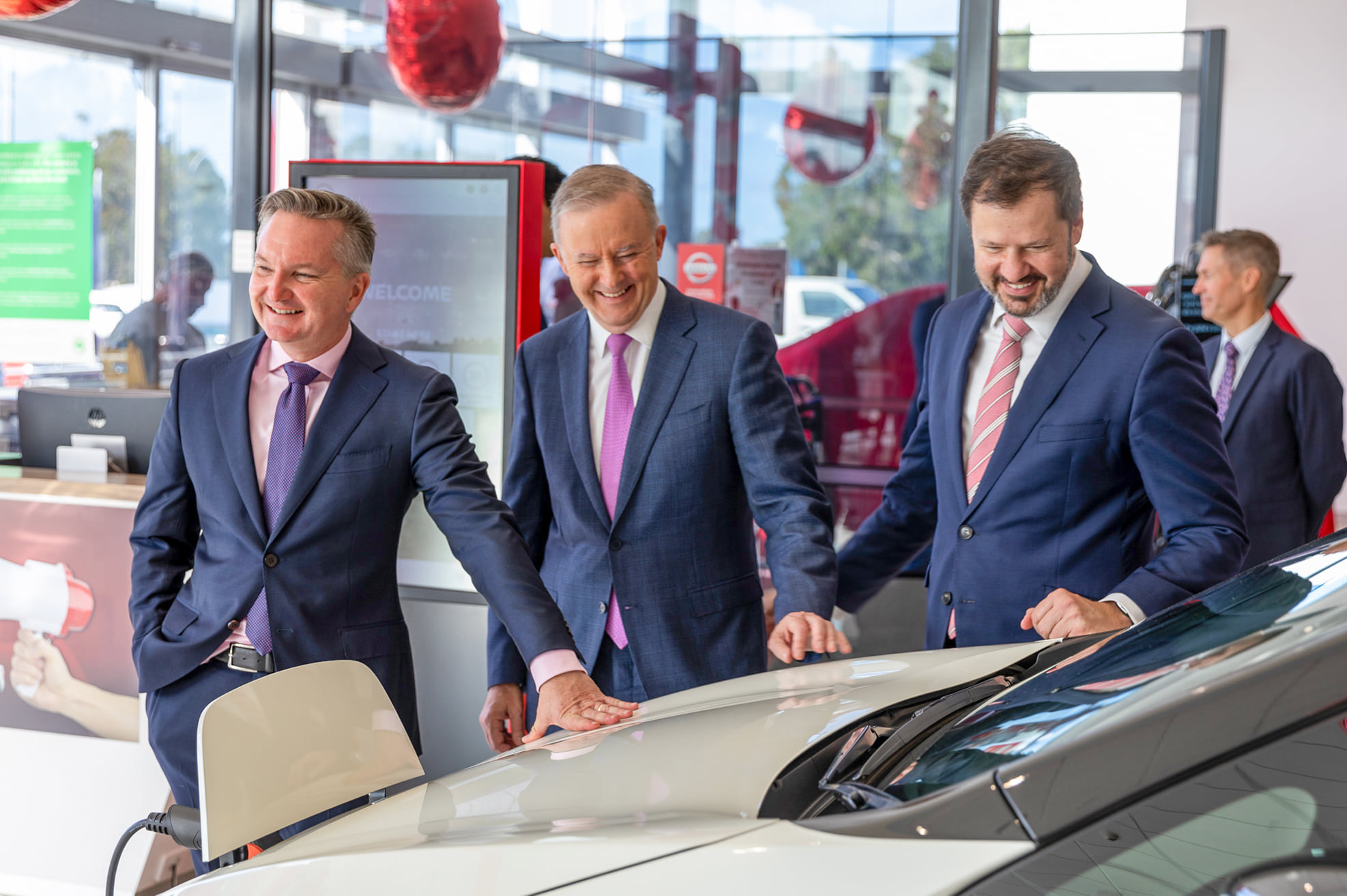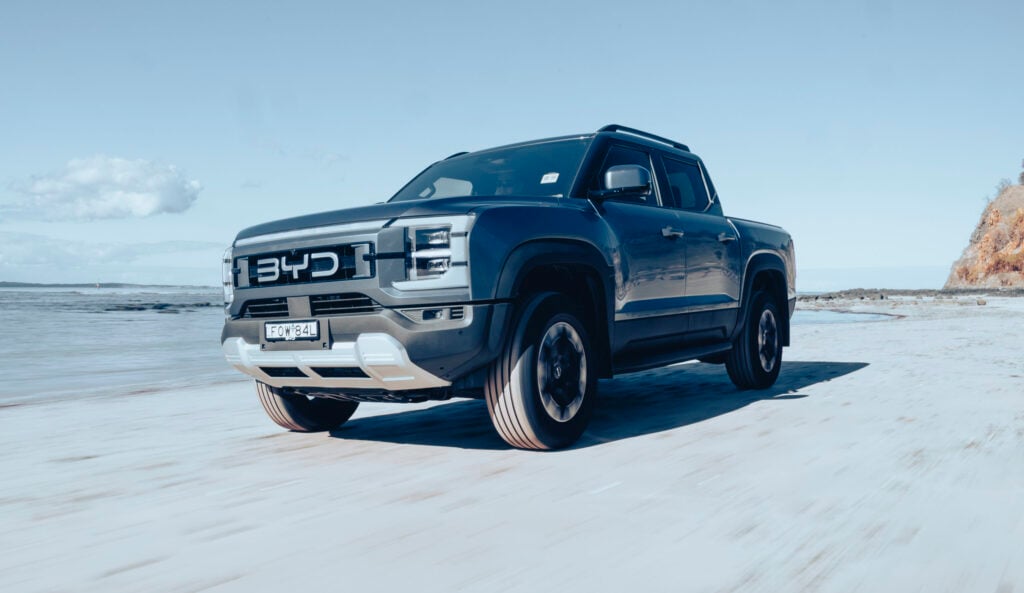Snapshot
- Australian Labor Party elected as next Federal Government
- Prime Minister Anthony Albanese has previously made policy commitments to make EVs cheaper
- Infrastructure improvements would increase uptake
The Australian Labor Party made a number of motoring and climate-related policy announcements in the lead-up to its Federal Election victory on Saturday night – but what do they mean for local motorists?
Incoming Prime Minister Anthony Albanese led his party to its first election victory since 2010 with climate action as one of its key pillars and points of difference to the outgoing Coalition Government.
At its campaign launch earlier this month, the ALP announced it would introduce an ‘electric car discount’ by making new electric vehicles (EVs) exempt from import tariffs and fringe benefits tax – a $251 million investment which will impact EVs not already covered by Free Trade Agreements, such as the British-built Nissan Leaf and Mini Cooper SE.

According to the Party, this would result in roughly 3.8 million EVs ending up on Australian roads by 2030, coinciding with its broader plan to reduce carbon emissions by 43 per cent by the end of the decade.
While its EV target could be ambitious due to official figures showing just 17,243 examples of new fully-electric vehicles were sold last year, Labor plans to support the expected up-take with a number of key infrastructure upgrades.
A $39.3 million boost in Australia’s charging network will result in an additional 100,000 facilities for businesses, 3.8 million for households and 1800 publicly accessible fast chargers. Under the plans, points will be installed at an average interval of 150 kilometres on major roads around the country, effectively making the technology accessible to roughly 99 per cent of the population.
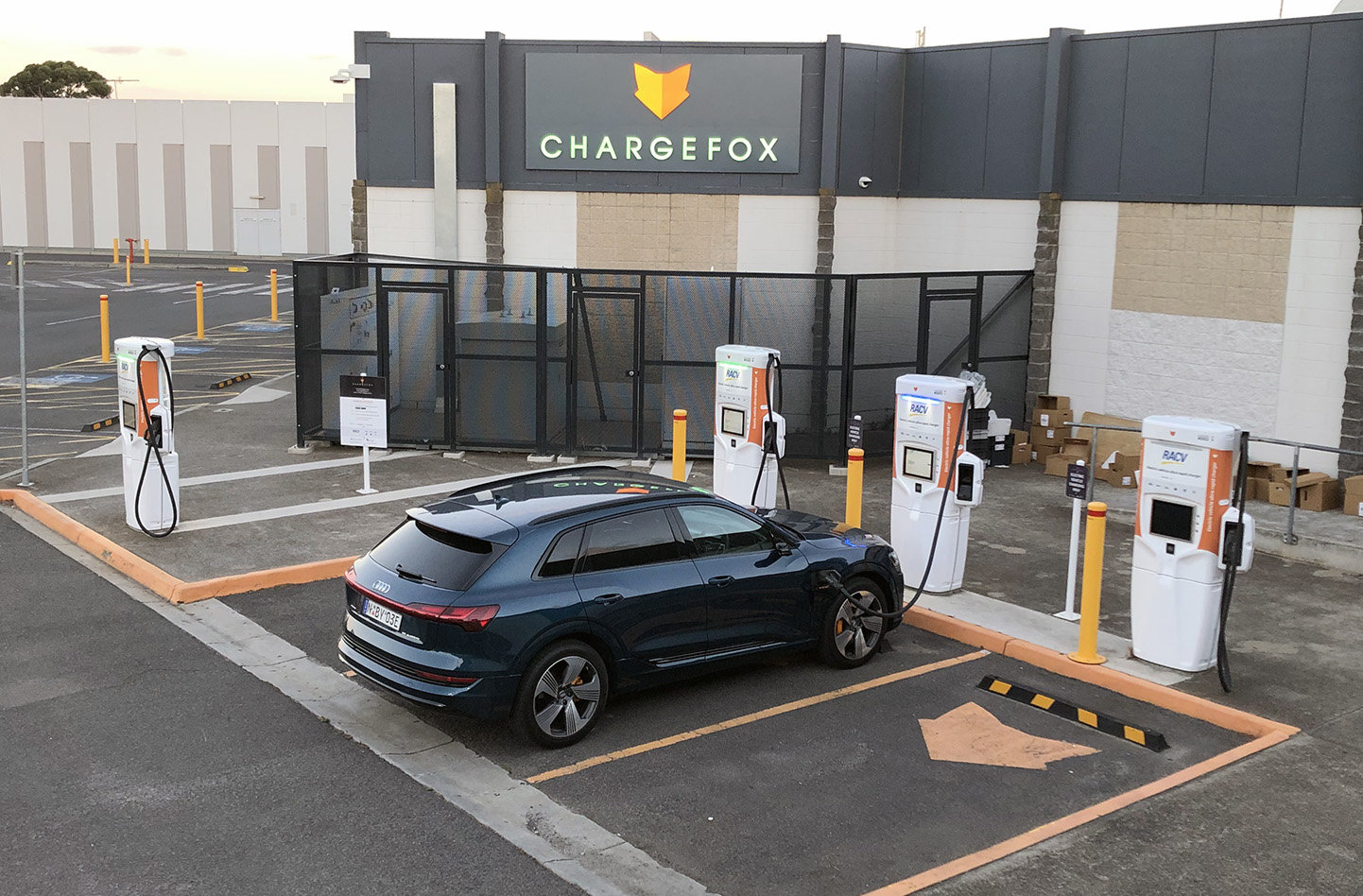
On top of this, Labor announced it would double the $250 million pledged by the Liberal National Government to the Future Fuels Fund, with a $500 million ‘Driving the Nation Fund’ to support renewable fuels.
At the last Federal Election in 2019, then-ALP leader Bill Shorten wanted half of Australia’s new-car sales in 2030 to come from EVs.
This might have been a lofty ambition at the time, given EVs accounted for just 1352 of Australia’s new car sales in 2018, and Labor’s electric dreams weren’t helped by now-former Prime Minister Scott Morrison saying that EVs would “end the weekend”.
However, a number of countries have already committed to similar targets, with the United Kingdom to ban the sale of new internal combustion engined-vehicles from 2030 and the European Union set to do the same by 2035.
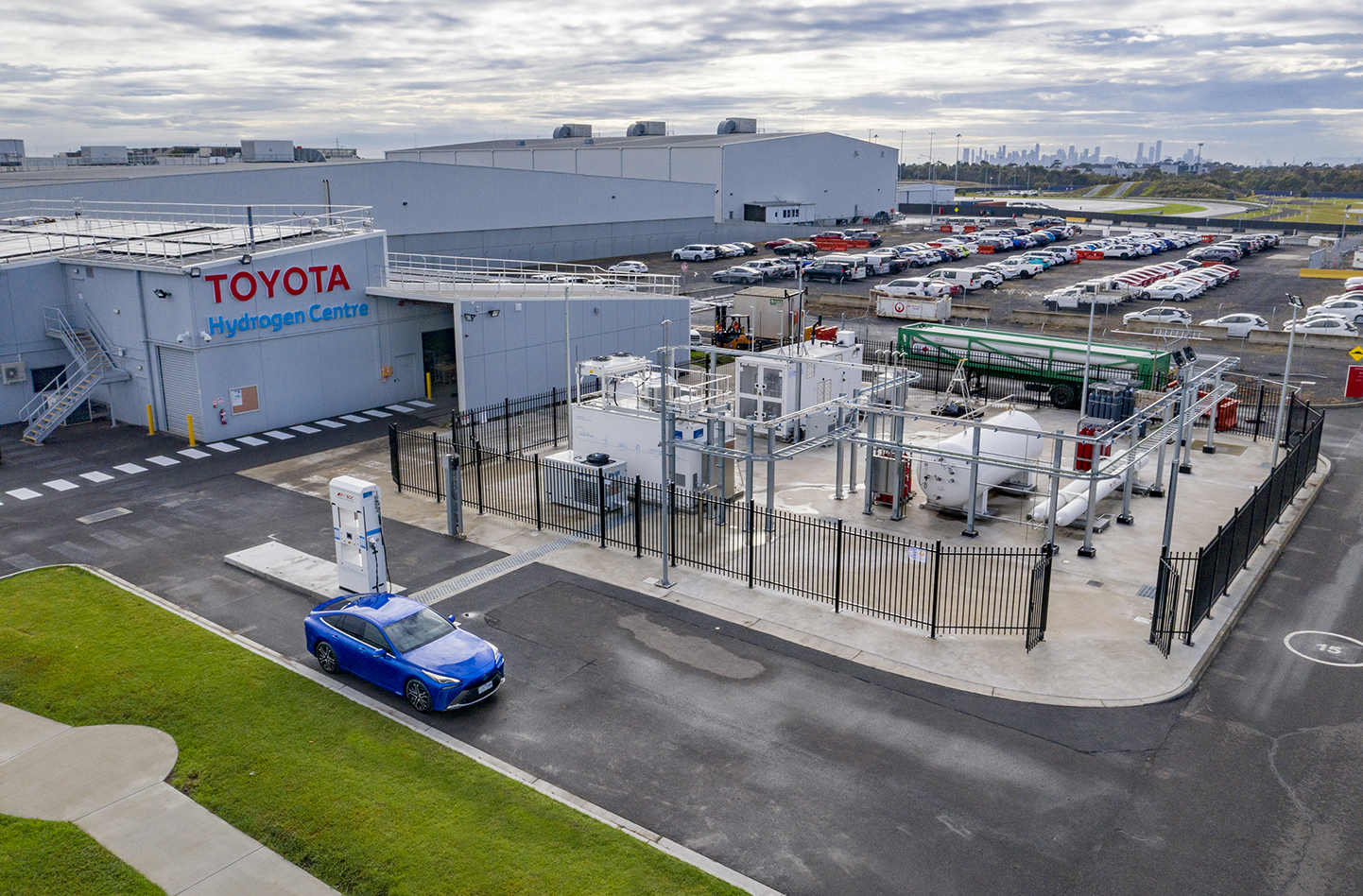
The Federal Chamber of Automotive Industries has long been a supporter of federally-mandated emissions reductions targets for vehicles, with CEO Tony Weber saying manufacturers will meet the targets set by Government to sell cleaner vehicles in Australia.
“The Australian public has made it clear that tackling climate change and reducing emissions is a primary concern,” said Weber on Monday.
“As an industry, we are ready to work with the new Federal Government to transition industry’s voluntary CO2 scheme to a federally-mandated one.
“Our members are bringing low emission technologies to market that –encompassing internal combustion, hydrogen, hybrid and full battery-electric systems. All of these technologies will play a role in our short-medium term journey towards zero emissions and full electrification.”
“Our message to Government is simple. Give us the target; we will give you the technology.”
A lack of a unified policy between Federal and State Governments on EVs has resulted in the states so far doing their own thing, each offering differing levels of subsidies and incentives – something Labor’s policies will hopefully change.
We recommend
-
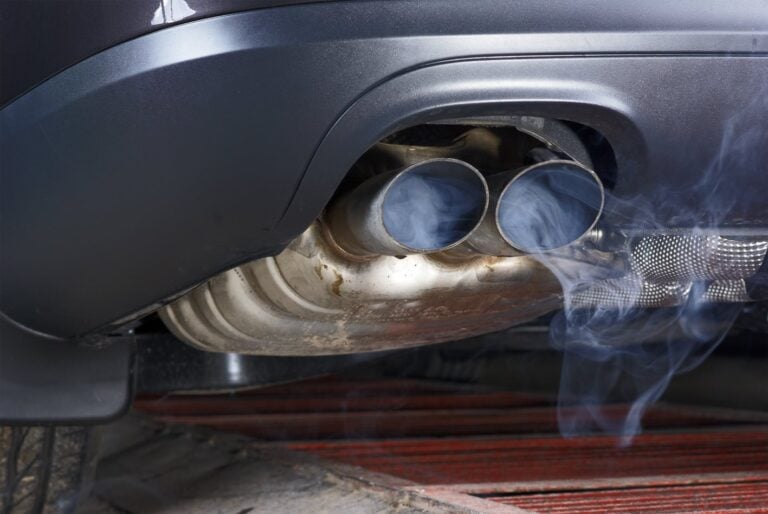 News
NewsLabor election promise: 'We'll slash emissions by 43 per cent by 2030'
Labor has gone further than the Coalition, which made its own announcement in October
-
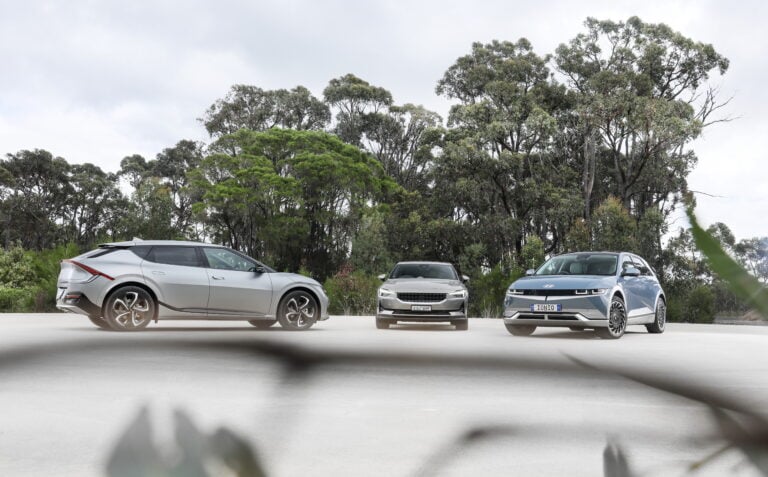 News
NewsALP promises cheaper electric cars and a national charging infrastructure
In the lead up to the federal election, Labor has made a number of promises around electric vehicles and alternative fuels
-
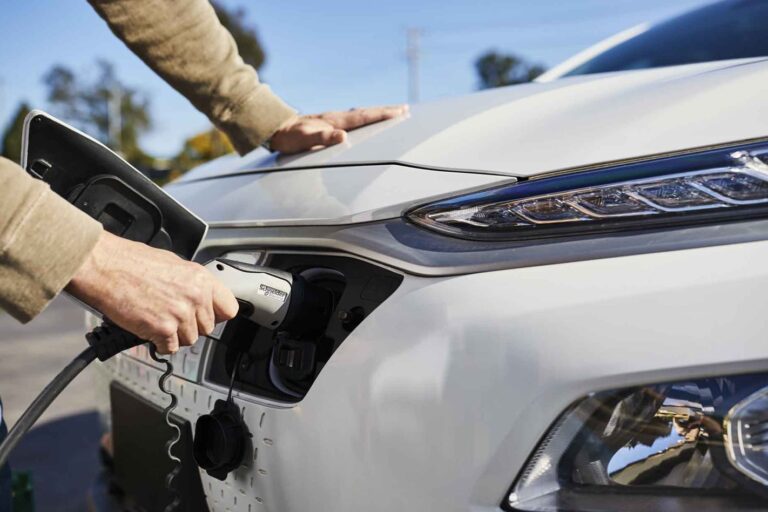 News
NewsAustralia's EV policies: What's happening in each state and territory in 2021 – UPDATED
It's every state and territory for itself as the Federal Government declines to take the lead on EV policy. Here's the current state of play


